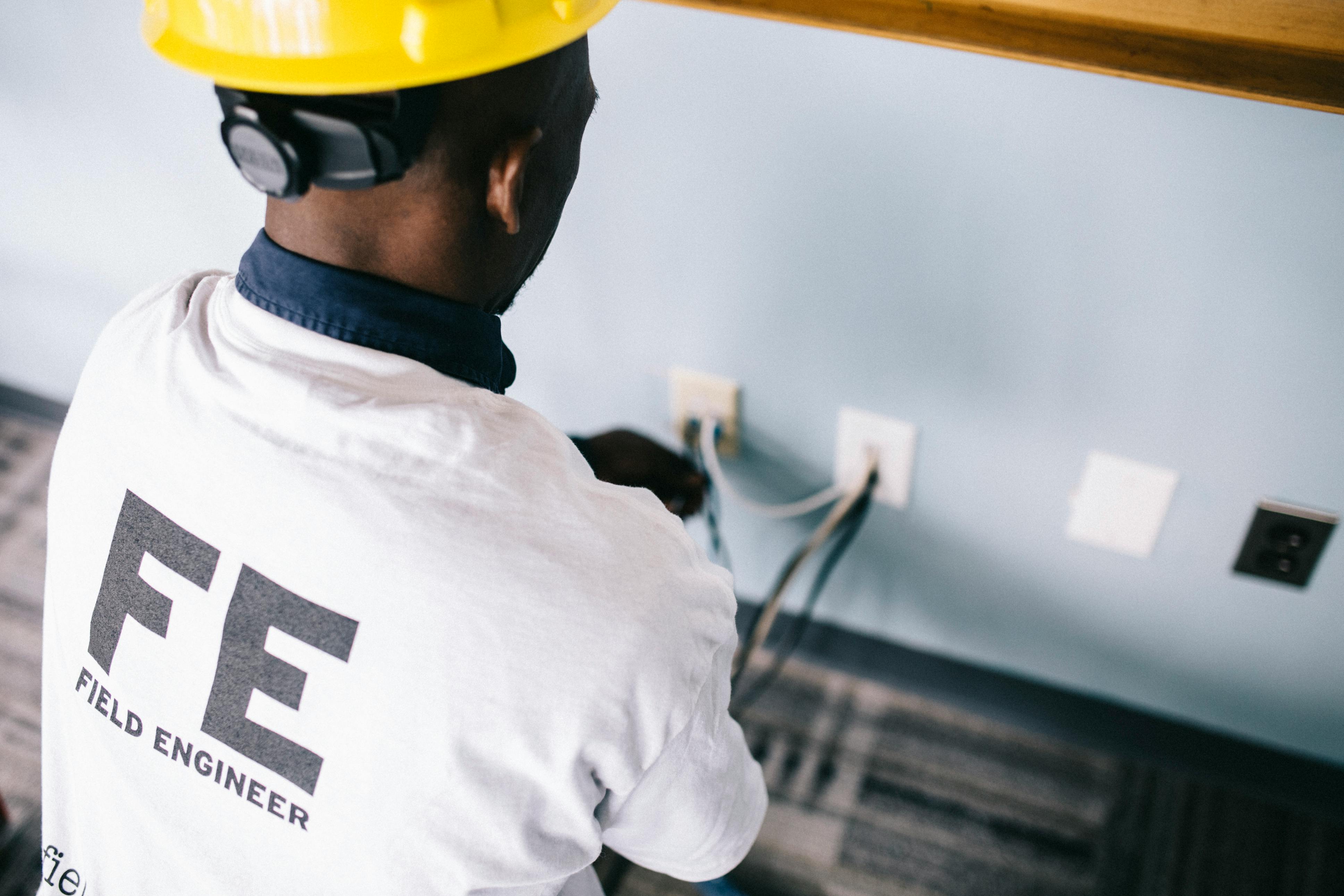Since the 1990s, pro-anorexia websites have been popping up from left to right, sometimes encouraging people to become anorexic and sometimes helping them stay anorexic. About 10 years ago, Yahoo and MSN tried to shut down these sites, making them impossible to search, but they have still continued to infiltrate the web.
There are dozens of reasons why this is problematic. For example, a study by Dina Borzekowski found that about 16% of 160 pro-eating disorder sites included some kind of “creed” that involved a list of rules or “commandments” that encouraged negative behaviors associated with different eating disorders. They are found not only on “pro-ana”, pages used by those who are already anorexic, and on “pro-anorexia” pages, pages that want to turn people into anorexia, but also on personal blogs.
Perhaps the biggest problem with these websites is their availability to teens. Highly impressionable, teens are constantly exposed to images and information that can potentially cause body image distortion disorders. With the help of websites that aim to create a community of “ana / mia” (anorexic / bulimic) individuals, teens can become anorexic, bulimic, and more. The worst thing is that they can learn to hide it.
The danger to the community created by these websites is extreme. Social media sites that are generally viewed positively can also be blamed for creating strong relationships among their users for providing teens with the means through which to obtain information on eating disorders. Unfortunately, this idea of community within a blogging site turns intensely negative when exploited by people seeking to inspire such disabling syndromes.
Teenagers are also very vulnerable to these networking sites because they are always looking for a way to fit in. If they can find someone else to relate to with their struggles, their needs, their problems, and their situation, they are likely to create a strong bond with this other individual. Teens need to feel that they are part of something and that they are important and necessary, and these online communities create that feeling of welcome. Welcome to the world of eating disorders, you can feel at home here.
While the pro-anorexia movement is gaining ground, as Borzekowski’s study clearly shows through the emergence of “fine inspiration” campaigns across the Internet, and social media becoming increasingly prominent, it is more important than ever to educate Young. Parents should teach children that not everything on the Internet is true, and not everything is good. It is essential not to censor the internet ills of teens, but rather to educate them on how to distinguish positive and negative content.
The fight does not end with Internet education. Education about eating disorders and mental illness is also vital. A teenager should know that sometimes seeking help is the best way to show their strength.
